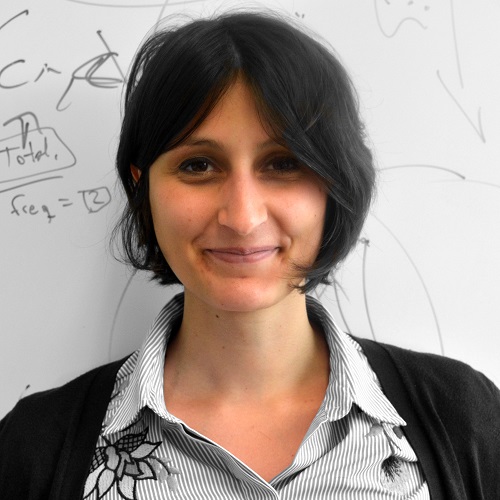The Biomedical Cybernetics Group adopts a transdisciplinary approach integrating information theory, machine learning and network science to investigate adaptive processes that characterize complex interacting systems at different scales, from molecules to organisms, in biology and medicine. This knowledge is leveraged to create novel and more efficient artificial intelligence algorithms; and to perform advanced analysis of patterns hidden in biomedical data, signals and images. Our theoretical effort is to translate advanced mathematical paradigms typically adopted in theoretical physics (like topology and manifold theory) to characterize many-body interactions in quantitative biology. We apply the theoretical frameworks we invent in the mission to develop computational tools for systems and network biology, personalized biomedicine and combinatorial drug therapy.
LIPEA

LIPEA team

Claudio Duran
PhD Student
The nexus Claudio has the capacity to mix different fields to generate great solutions. He took the mathematical, biological and lipidomics approaches to generate the LIPEA's backbone.

Sara Cuicci
PhD Student
The analytical She is really clever with the numbers, when LIPEA started she accepted the challenge to find the best mathematical solution to make the enrichment analysis. After many numbers and equations... the formulas to apply Over Representation Analysis (ORA) to LIPEA were born.

Dr. Ric. Ing. Carlo Vittorio Cannistraci
Group Leader
The thinker without Carlo this would never have happened. He is the ingenious mind behind LIPEA and each project in the Biomedical Cybernetics Group, he always is creating new algorithms, methods and tools to generate solutions in many fields like biology, medicine and industry.
Aldo Acevedo
PhD Student
The executor "THE FIRST TOOL COMPLETELY ORIENTED FOR LIPIDOMICS DATA"... With this principle, he took the responsibility to build and implement the LIPEA web service. Thousands of lines after, the system was born combining different computational techniques like Parallel Computing, Data Mining and the Model-View-Controller (MVC) pattern design.